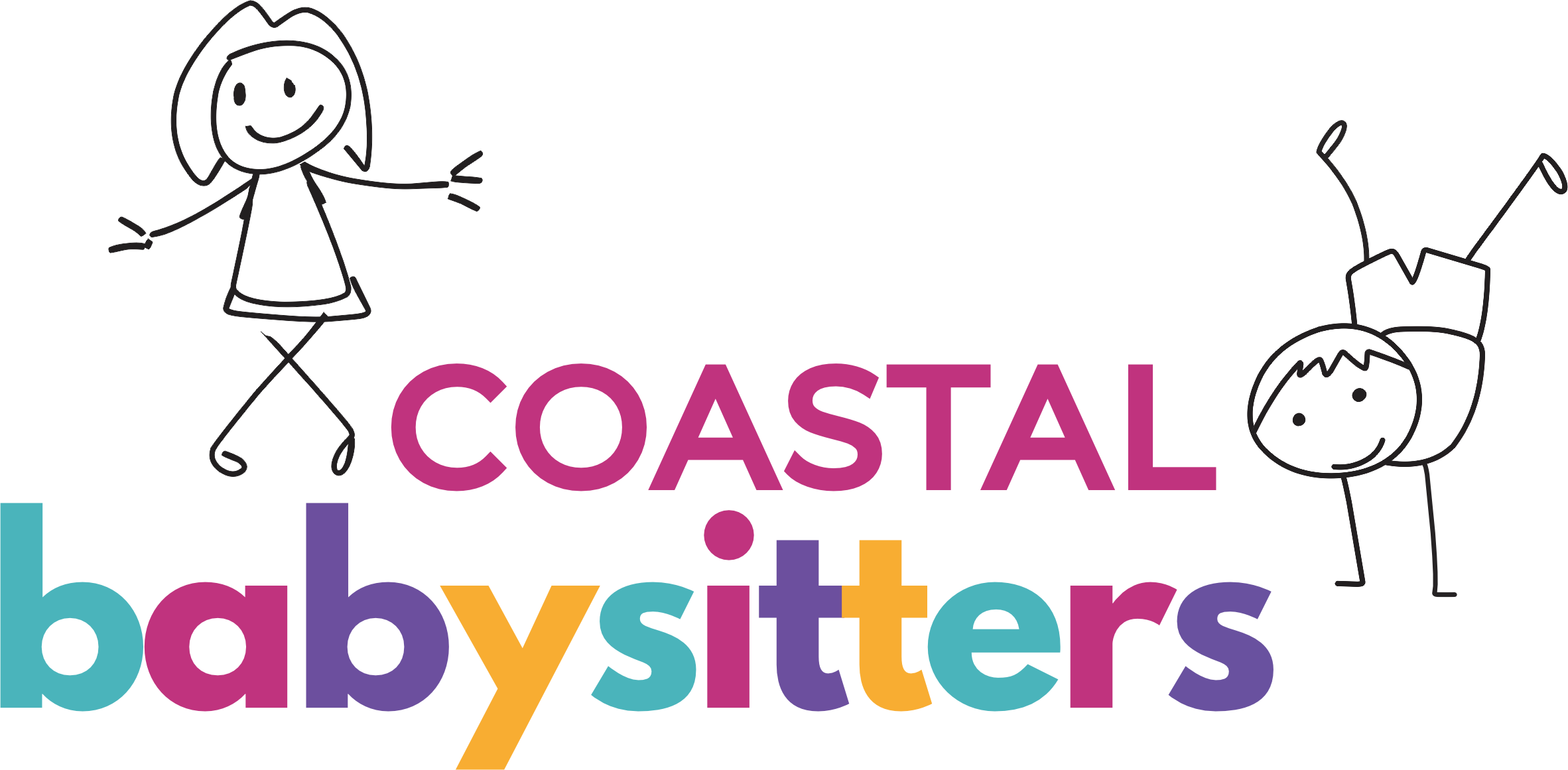Importance of a Great Bedtime Routine

The Importance of a Great Bedtime Routine by Deb Hepplewhite, Infant and Child Sleep Consultant at Baby Slumberland My Name is Deb and I am a Certified Infant + Child Sleep Consultant and I am a Mum myself to two boys aged 3 and 4. I connected with Orly from Coastal Babysitters about writing a guest blog piece to provide some information to her followers on infant and child sleep. Now, the information that I could give you on this topic could keep you reading for some time, so I have chosen one of the most important elements to help with your child’s sleep, which is the importance of a great bedtime routine. I hope you enjoy reading the piece and that you are able to take this information and adapt it within your own household. Having a great consistent bedtime routine can help set the tone for great consolidated night-time sleep for your child. Each element within a bedtime routine will help relax your child for bed and gradually prepare them for sleep. In this post, I will go through each element of the bedtime routine, and why they are effective in each individual way. Timing is probably the most important part of a bedtime routine, the time in which your child goes to bed can make it so much easier for them to fall asleep or conversely if the timing isn’t quite right, it can make it quite difficult for them to settle. Naturally through our Circadian Rhythm babies and children have a melatonin rise which starts to happen at 6-7pm in the evening. Melatonin is the sleep hormone responsible for helping us get to sleep initially and then also get us into a restful and deep sleep. If we can aim to have our children in bed around 6-7pm you can catch this Melatonin ‘wave’ and it will make it so much easier for your babe to fall asleep. If we miss this melatonin wave and your child goes into the realm of overtiredness then several things happen that make it really difficult for them to fall asleep. Cortisol levels rise, their adrenals glads will be high functioning and their sensory system will be overloaded and they will seem very ‘hyper’. Once in this state, it makes it really difficult for them to switch off and get into a relaxed state for sleep to take over. There will be crying, they will seem unsettled, fidgety and they will often wake very upset between the hours of 6pm and 11pm. That is why timing is so important and if you can pop your child to bed before they have reached this overtired state, it will be much easier for them to settle initially and also get into a deep sleep. What time your child has dinner can help your timing or it can also make things a little harder. Making sure you give your child dinner at an appropriate time that also gives you plenty of space to have a nice relaxing bath is essential, ideally you don’t want that time to be rushed or hectic. The reason why we give a bath is to simulate the natural core body temperature drop that happens right before you go to sleep. This happens naturally within your body at the onset of sleep, so by giving a bath just before bedtime, this will help encourage this and simulate the effect it has at the onset of sleep. Once your child has had a lovely relaxing bath, taking them into their bedroom for the next part of the routine is really important. Keeping things calm and relaxed will help them wind down for sleep, so that means no tickle sessions Dad! I say Dad’s because they are usually the ones who decide to have a full on tickle fight and hype the kids up right before sleep. Or the well-meaning Grandparent, who at a family gathering decides to hype the kids up, right as they are saying goodnight. I love these interactions it really is so sweet, as long as it isn’t happening every night right before they go to sleep, keeping things calm and relaxed is key. Once you have changed your bub into some nice comfy Pyjamas, keep the lights dimmed and offer a feed (if this is age appropriate). Keeping this feed slightly separated from actually going to sleep will help babies understand that feeding isn’t directly related to the actual sleep onset, which will in turn help with any overnight re-settles. The next step can change to suit your child’s temperament and their age, if under 6 months some calming soft nursery rhymes can be great, or reading a story to older children. Reading is fantastic for a child’s development and is a great addition to your bedtime routine. I love listening to hubby read my boys a story before bed, Dr Suess is a favourite in our household and listening to my hubby get the tongue twisting Dr Suess tales out gives me a bit of a giggle. Also remembering to brush your child’s teeth around this time is quite crucial, whether that be whilst you read a story or in between books. Having milk sitting on a child’s teeth can be damaging to their developing mouth so brushing is always a must. For very small babies who don’t have teeth and aren’t brushing yet, you would obviously skip this step. For babies 6 months and up just letting them have a toothbrush to chew on while you read a story to instil that tooth brushing element (without toothpaste of course) is great too. Once the story is read and teeth are brushed, its time to sing a quiet song or say your sleepy phrase. Keeping this consistent is a great idea so that your child knows what is to come next. A simple “ok Harry it’s time for bed now” or Incy wincy spider is always a favourite. I’m
